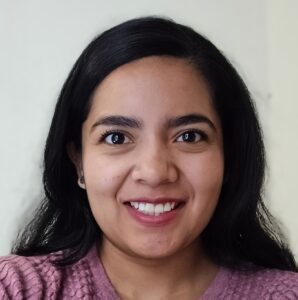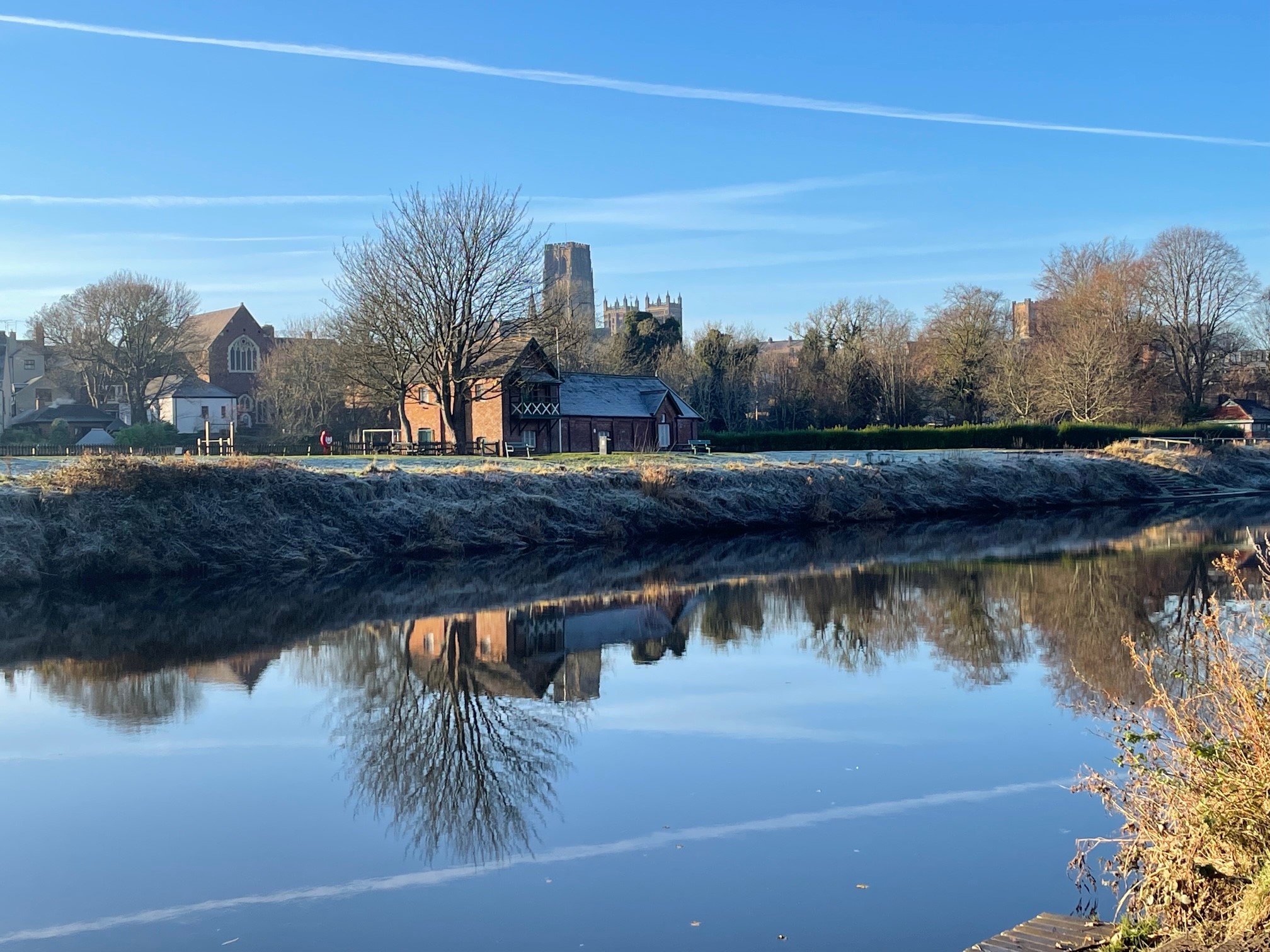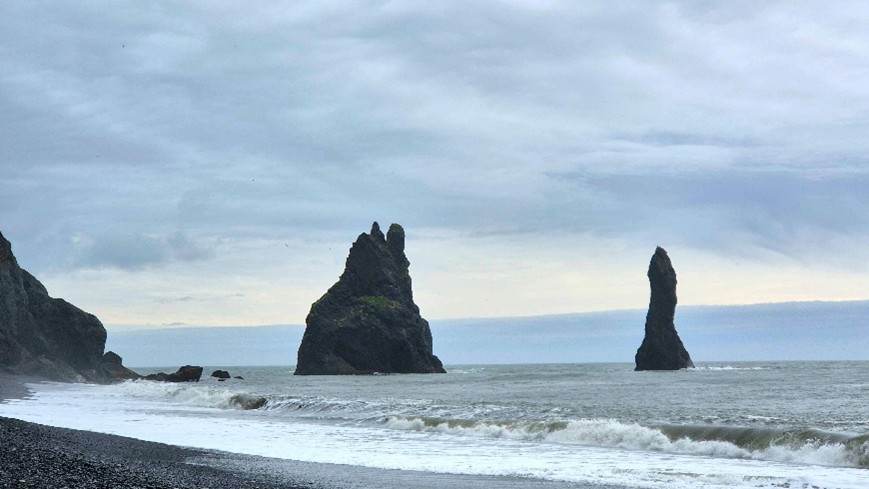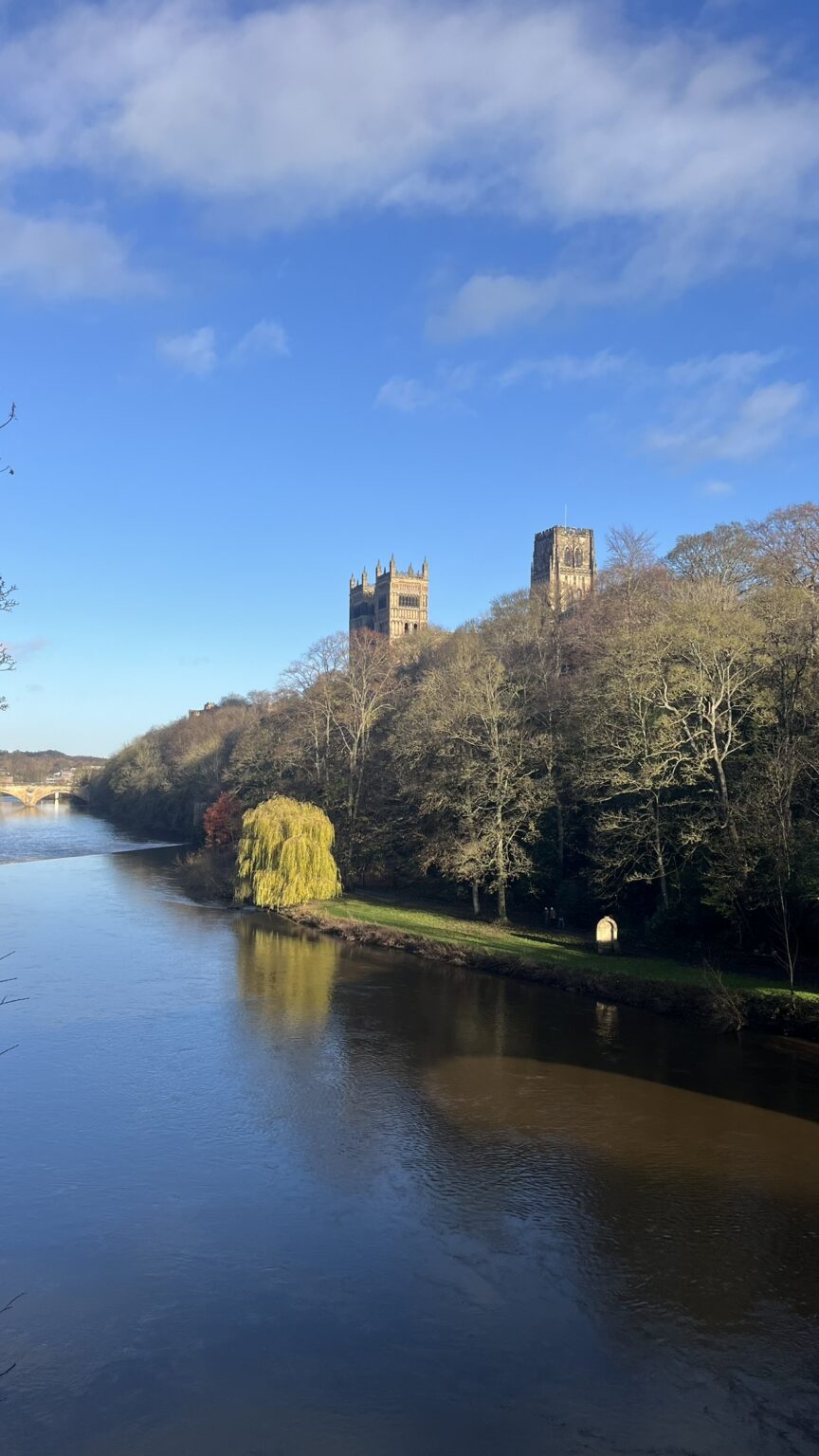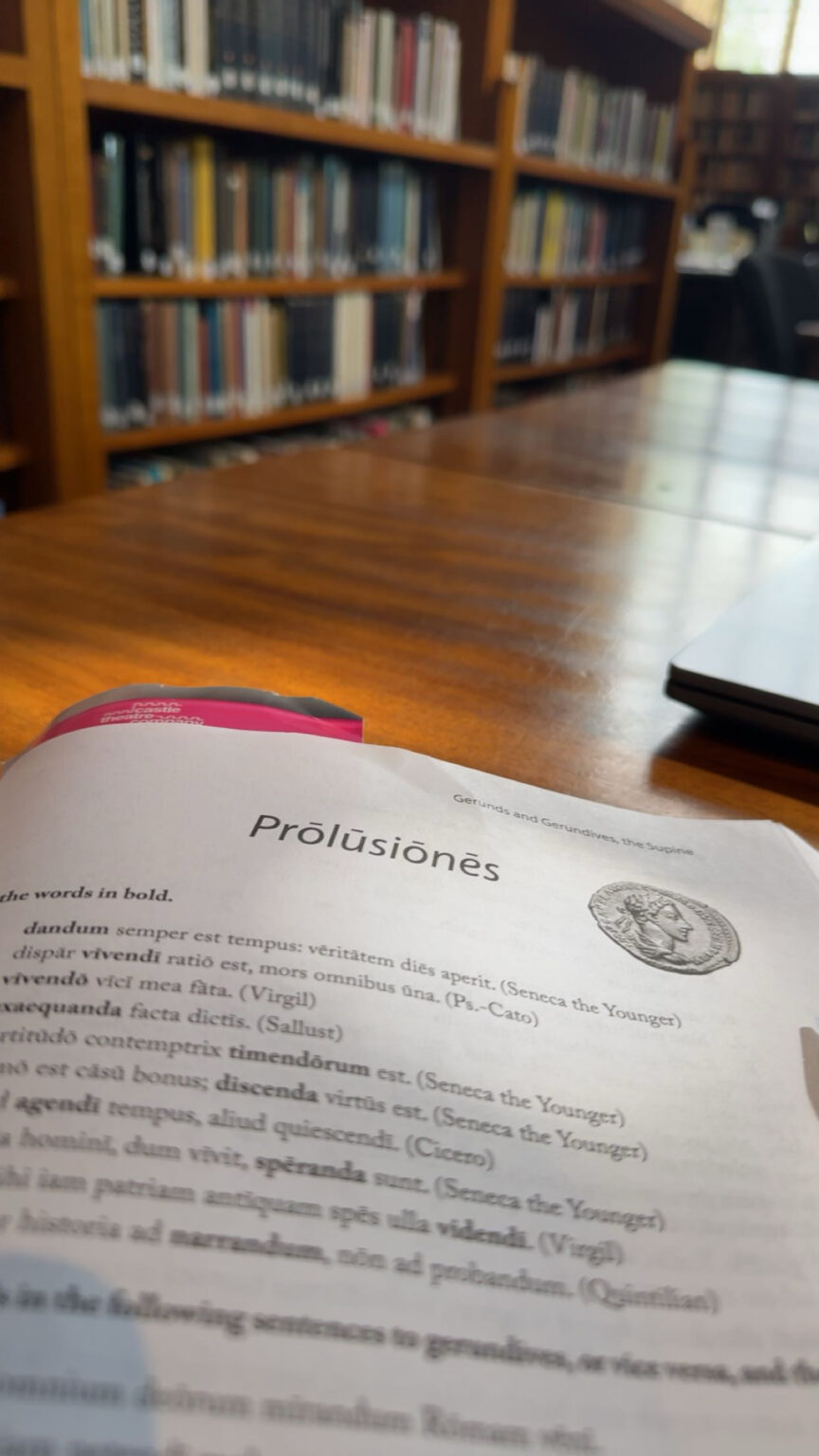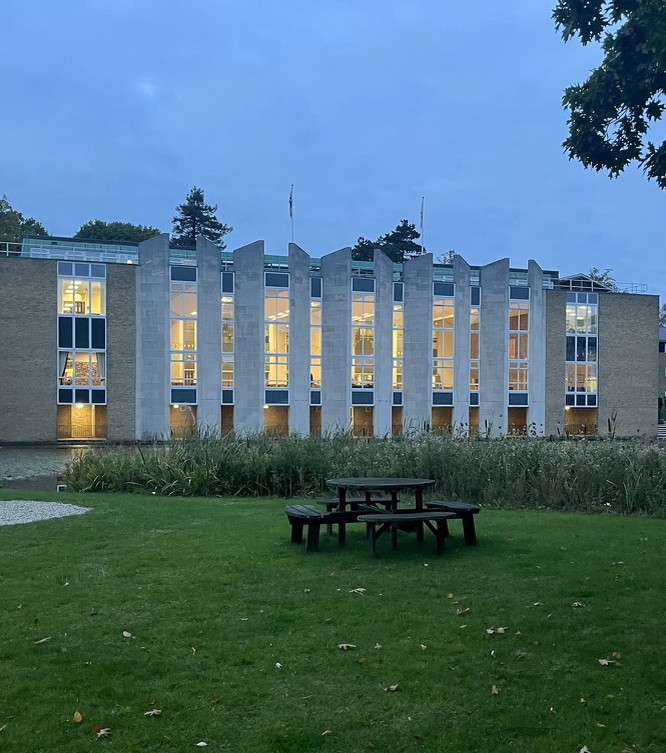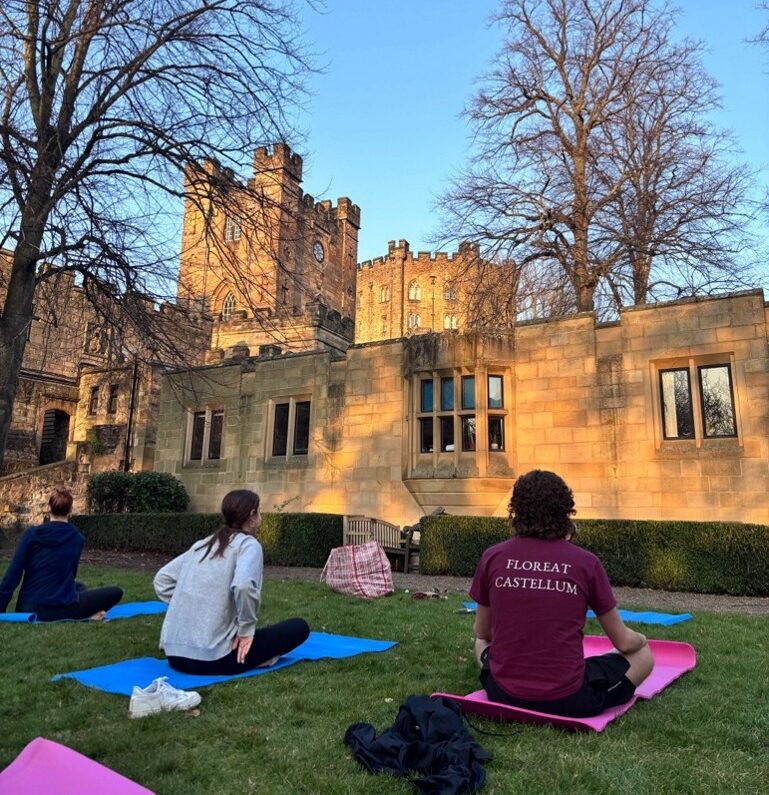I did my undergraduate studies in Early Childhood Education. After completing my studies as preschool teacher, I initiated getting involved in language training courses back home. Eventually, I started working as an English as an additional language teacher.
What made you choose Durham?
Through my practice and under my teacher training bases, I started to analyse the process of language learning, and question the meaningfulness and complexity of second language acquisition as a communicative tool that is interlinked with intercultural elements. So, I became an intercultural curious. It was in Durham University where I found one the most accurate MA Intercultural programme according to my interest, which is education and communication. Moreover, the recognised academics included in the MA ICE programme were one of the main reasons of selecting this university, considering their vast expertise in the field.
What did you enjoy most about the course?
I was fascinated with the modules. Since it was my dream MA programme, I really made most of all of the lectures, study sessions, and presentations. The content and readings were quite relevant so the whole process of expanding my knowledge in interculturality was a rewarding experience to keep deepening in the subject. Apart from this, I enjoyed learning from my classmates. The value of forming a strong group to share experiences, knowledge and understanding within diversity was a key and common element in the ICE group of students.
What was your favourite subject to study?
My favourite subject I think it was Intercultural Communication and Language Education and Power. The first one was quite satisfying in a sense that permitted me to realise I was in the correct programme. All the content responded many initial questions I had at the beginning of my professional career. Language, Education and Power helped me see interculturality from a more critical perspective, helping me to define my interest in interculturality through a more profound and substantial approach.
How has this course helped your career prospects?
This course, as mentioned before, has helped me to engage and embrace the complexity of interculturality in a deeper way. Through this course I can identify my ability to interpret and identify the gaps in research and practice and the necessity to develop bridges of action. I can see many options to continue my career following this transdisciplinary vision to promote social change.
Were you part of any extra-curricular clubs at the university?
Yes, I had the chance to participate as representative of the Intercultural Forum in the Global Citizenship Programme in Ustinov College. This enabled me the great opportunity to apply my intercultural knowledge in a practical environment, organising events to foster intercultural awareness, and social engagement through within the significantly multicultural population that characterises Ustinov College.
What advice would you give to a prospective student thinking about doing this course.
One good thing to keep in mind is apply what you are studying. And with this I mean, make the most of all the differences that you encounter, learn from them, keep the curiosity and keep yourself open to new ideas and perspectives. Durham is a great opportunity for this, with all its extracurricular activities you will discover all the possible ways to surprise you by how much we can learn from differences. The most rewarding experiences are out of your comfort zone.
Meet and learn from different people, engage in new activities, get frustrated by not understanding their English accent, learn from the common frustration and enjoy it as well, you will be surprised of how significant this course can be if you allow yourself to immerse in your own intercultural awareness.
I can say I made most of my MA ICE programme experience, and despite sometimes it was challenging, considering this was my first time studying abroad plus doing it on my second language, my professors and my colleagues were a key element to successfully accomplish this dream and finish the MA ICE programme with distinction. Now, I plan to further develop my studies through PhD research with the bases I got of the MA ICE programme and benefit Mexico’s educational system through my research.
Discover more
Feeling inspired? Take a look at our School of Education department pages.
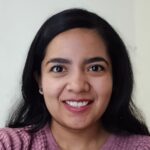
Frida Citlali Jaime Franco
My name is Frida Citlali Jaime Franco. I’m a first-generation scholar of my family, and I am from Mexico. I am a Chevening scholar; I studied the MA in Intercultural Communication and Education in 2021 at the School of Education.


